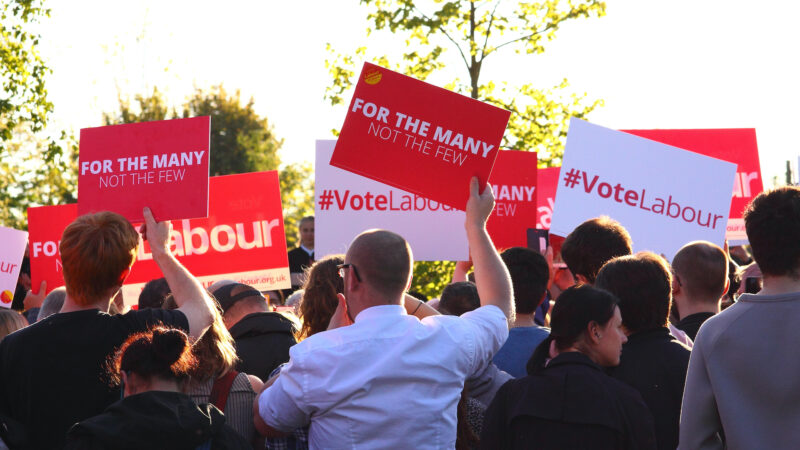
As Labour geeks are already fully aware, many significant parliamentary selection contests concluded over the weekend – to the extent that yesterday was dubbed ‘Super Sunday’. High-level drama took place, with the police being called at two separate selection meetings. But here’s the real reason these results are worth your attention. Those candidates picked by local members in safe seats where incumbents are retiring or have quit the party will be part of the new (2019? 2020?) intake of Labour MPs after the next general election, while those chosen in more marginal seats will attract much attention. All will return results that are set to determine the future of this country.
In seats that Labour is bound to win or something apocalyptic has happened, the following were selected: Momentum and union-backed Paula Barker for Liverpool Wavertree; former Progress activist Florence Eshalomi for Vauxhall; anti-Brexit activist Nadia Whittome for Nottingham East; Momentum’s Apsana Begum for Poplar and Limehouse (all written up here); union-backed Mary Foy for City of Durham; Corbynsceptic-favoured Feryal Clark for Enfield North; union-backed James Murray for Ealing North. And Diana Johnson MP was reselected after being triggered.
In historically Labour but now trickier Leave-voting seats, two candidates were picked who did not have the support of Momentum: pro-Remain ‘soft left’ Susan Dungworth for Blyth Valley, and Sophie Wilson for Rother Valley. Plus, ex-Camden councillor Sally Gimson for Bassetlaw – a strongly pro-Remain Londoner who it is thought was only included as a paper candidate, but had Keir Starmer come up to campaign for her.
Viewed as a whole, these selections results don’t look disastrous for the leadership, particularly in light of the seven defector seats the Labour left had already secured. But Corbynites – particularly those less inclined to back a strong Remain position – were disappointed overall by Super Sunday. There is a lot to unpack here, so I will do just that in a more detailed piece today.
Now, we must return to the question of an early general election. Breaking news: the EU has just agreed to another ‘flextension’ until January 31st, with possible alternative exit dates depending on whether parliament passes a deal before then. That means Labour can vote today on the government proposal for a December 12th election, right? Not really. Under pressure from anti-election MPs not to back that idea, Labour looks unlikely to whip for the or the Lib Dem/SNP plan to hold an election on December 9th without debating the Brexit bill.
Labour appears to be using the excuse that it doesn’t just want to prevent no deal during a November/December election campaign, or no deal in January, but stop no deal from happening basically ever. This isn’t technically shifting the goalposts because the Labour line “we want no deal ruled out first” has always provided room to manoeuvre. But combined with the overall reluctance to back an early election, that 2020 condition means the leadership doesn’t sound confident that Labour can win.
While a December election is hardly ideal, Labour must be careful about outdoing the Lib Dems on a fresh referendum. Jo Swinson’s lot have now acknowledged that this parliament won’t vote for a public vote, whereas John McDonnell seems to be going backwards on that point. Caution is needed, otherwise Jeremy Corbyn’s party is giving the dangerous impression that it isn’t all that bothered about kicking out the Tories.
Sign up to LabourList’s morning email for everything Labour, every weekday morning.



More from LabourList
Josh Simons resigns as Cabinet Office minister amid investigation
‘After years of cuts, Labour’s local government settlement begins to put things right’
‘The Sherriff of Wild Westminster: what must change in elections bill’